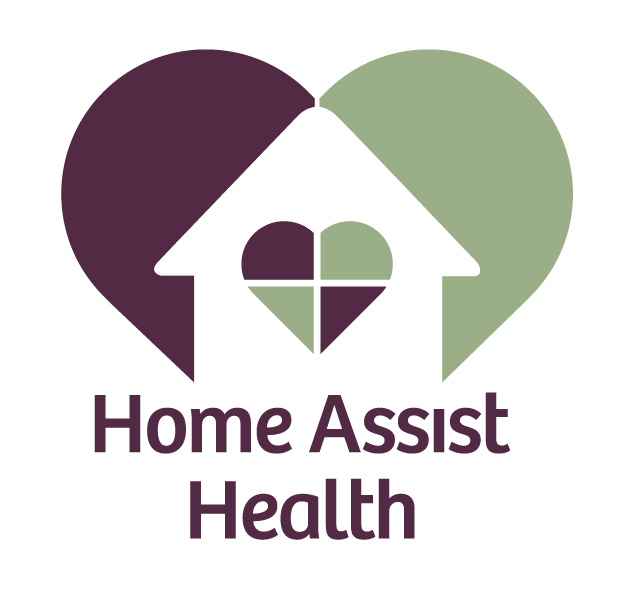 Mother’s Day can take on a new meaning for adult children who are their mom’s full-time caregiver. Like any celebration, the pressure of finding the perfect gift or making reservations at her favorite restaurant can contribute to an already stressful role in caregiving.But, Mother’s Day is really about spending time together and sharing memories. Try these five simple ways to celebrate with your mom that won’t add to your daily stress.
Mother’s Day can take on a new meaning for adult children who are their mom’s full-time caregiver. Like any celebration, the pressure of finding the perfect gift or making reservations at her favorite restaurant can contribute to an already stressful role in caregiving.But, Mother’s Day is really about spending time together and sharing memories. Try these five simple ways to celebrate with your mom that won’t add to your daily stress.
- Make a special meal for her at home. A nice meal at home can special. Make the occasion feel more formal by using a tablecloth and fresh-cut flowers from the yard as a centerpiece. To keep your family members engaged, ask for help with grocery shopping, with preparing your mom’s favorite meal, or with bringing the dessert.
- Use Mother’s Day to document her legacy. Since this day is all about mom, ask her questions about her life and really listen to her responses. To make her memories last longer, use a video recorder or jot down her responses in a journal so the whole family has a record. If your mother is living with dementia or Alzheimer’s disease, try to let her tell the story without correcting her.
- Refresh mom’s garden. If mom has difficulty getting out and about, create a beautiful outdoor space she can enjoy daily. This can even be a positive activity for you – gardening has been shown to help balance caregiver fatigue. There are many online resources for plants that are easy to care for, or you can ask your local garden supply shop for help planning.
- Mothers Day Pamper. It’s not always possible to help mom get dressed up, do her hair, put on her makeup, or do her nails the way she used to do them herself. This can impact any person’s feelings of independence as they grow older. The extra care and attention won’t go unnoticed, even if you do these things for her at home.
- Make Sure Mothers Day Needs Met. Gifts don’t have to be elaborate – they can simply make everyday life better for mom. Take time on Mother’s Day to re-assess her needs, daily routine and overall health. Consider these factors:
- Are there any pain points in daily routine for her or you as her caregiver?
- How is her daily hygiene and personal care?
- Have her physical abilities declined to where you might need to consider help?
- Does mom seem happy overall? Is she still showing interest in her usual activities? Or does she need more human interaction and engagement?
- Do her medications seem to be working for her condition? Does she take them regularly as directly?
- Has she seen her doctors recently to make sure her health is on track?
If you answer any of the above questions with concerns, additional help or care at home may be a good option to extend the valuable care you’re providing yourself. Happy Mother’s Day to all of the wonderful mothers out there!
